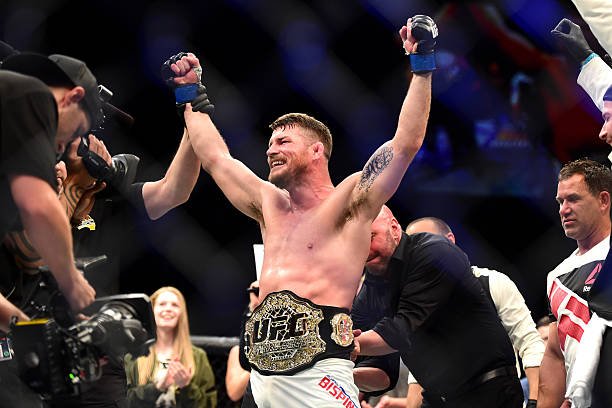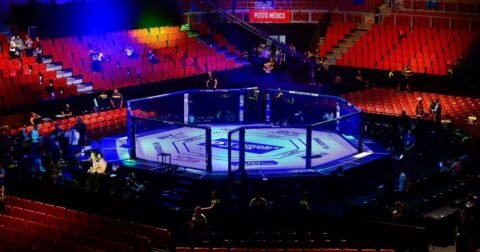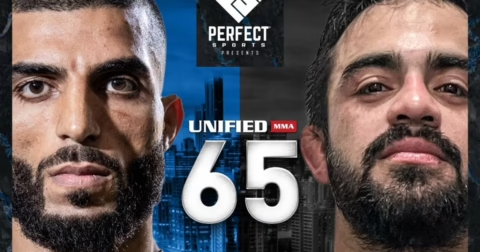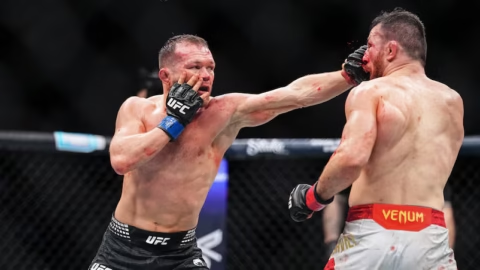In the taxing and dangerous sport of MMA, last-minute replacements are not uncommon. Fighters dropping out due to injuries, weight issues, or personal reasons can lead to last-minute changes on a fight card, often with very little warning to even the fighters themselves. While these replacement fights bring excitement and unpredictability, they also come with their own set of challenges.
One of the biggest draws of last-minute replacement fights is the element of surprise they bring. Fans get to witness unexpected matchups that wouldn’t have been possible under normal circumstances. For example, Michael Bisping stepping in to fight Luke Rockhold at UFC 199 on short notice and winning the middleweight title added an unforgettable moment to UFC history. Not only did he take the fight on a day’s notice, but he’d also previously lost to Rockhold, making it the perfect revenge opportunity.
Moreover, replacement fights often give lesser-known fighters a chance to shine on a big stage. These opportunities can lead to career-defining moments. Fighters like Nate Diaz, who accepted a short-notice fight against Conor McGregor at UFC 196, capitalised on the moment, gaining immense popularity and respect from fans, propelling him to worldwide fame. Another example is UFC 223, where Al Iaquinta put up a very inspiring performance against Khabib Nurmagomedov. Though they would have been known to UFC fans, those fights exposed them to a far bigger audience than they otherwise would ever of had.
When a main event fighter pulls out, the UFC faces the risk of event cancellations. This has only ever happened once – when Jon Jones refused to face Chael Sonnen, who was a last-minute replacement for Dan Henderson at UFC 151. This is why fighters are given so much credit for accepting late notice fights, and the credit goes to both the fighter stepping up and the one accepting the new challenger. Ultimately, they’re deciding to throw caution to the wind for the sole purpose of the fans.
The person stepping up with little to no training camp, or stepping up to fight a champion when he was lower on the card (as has happened for UFC 311), definitely faces ‘less pressure’ and usually comes in as the underdog. That can be extremely beneficial to a fighter, as they have nothing to lose and everything to gain. The lack of expectations can free a fighter to perform at their best without the usual psychological burden of being the favourite. As Michael Bisping once pointed out, it also lessens the likelihood of overtraining, which he stated on the Jaxxon podcast “is a very real thing for fighters”.
Some fighters, of course, carry the mentality the current lightweight champion has shown: when you’re the champion, if you believe you’re the best, it doesn’t matter who you fight. Though not every fighter shares that philosophy. When Belal Muhammad pulled out of his fight with Shavkat Rakhmonov, few came forward to replace him and fight for a No. 1 contender spot on such short notice, but Ian Garry did. Though he ended up losing the fight and ultimately delaying his title shot, the performance earned him a lot of respect and fans alike. Still, whether it’s worth it or not, is a decision only a fighter and a fighter’s tea together can make.
Short-notice fights are undoubtedly tricky for both fighters, but they do shake things up and bring that element of surprise and unpredictability that keeps fans on the edge of their seats. There is a certain magic in seeing an underdog seize the moment and turn the tide against the odds, creating stories that will be told for years to come.
Whether Renato Moicano will cause another upset etched in history or if he’ll fall short like so many others, only time will tell. But in fighting, just like in life, it might be wise to heed the SAS motto: “Who dares wins.”







